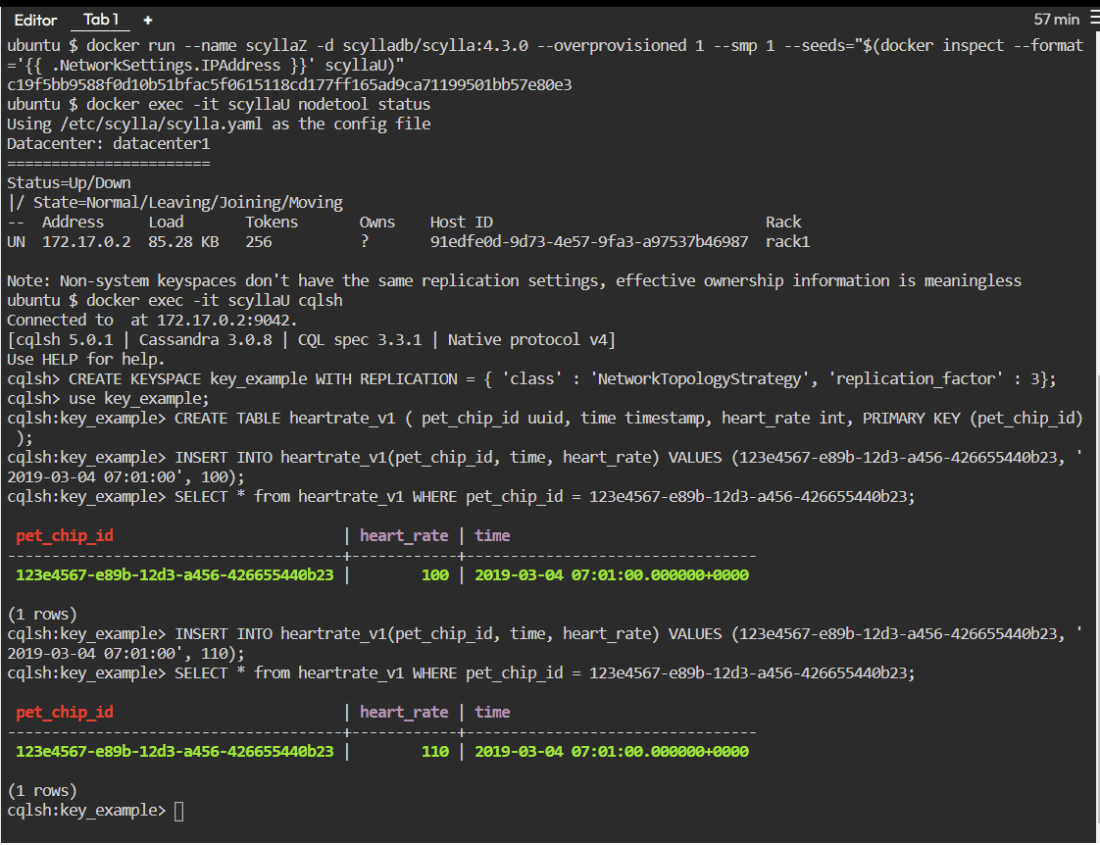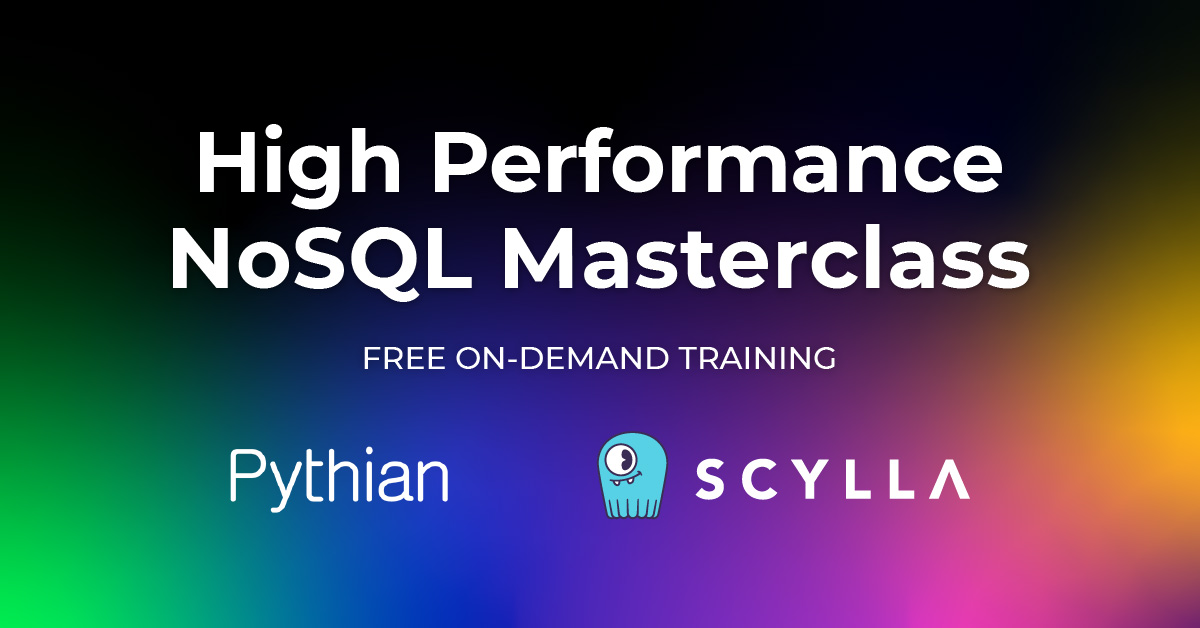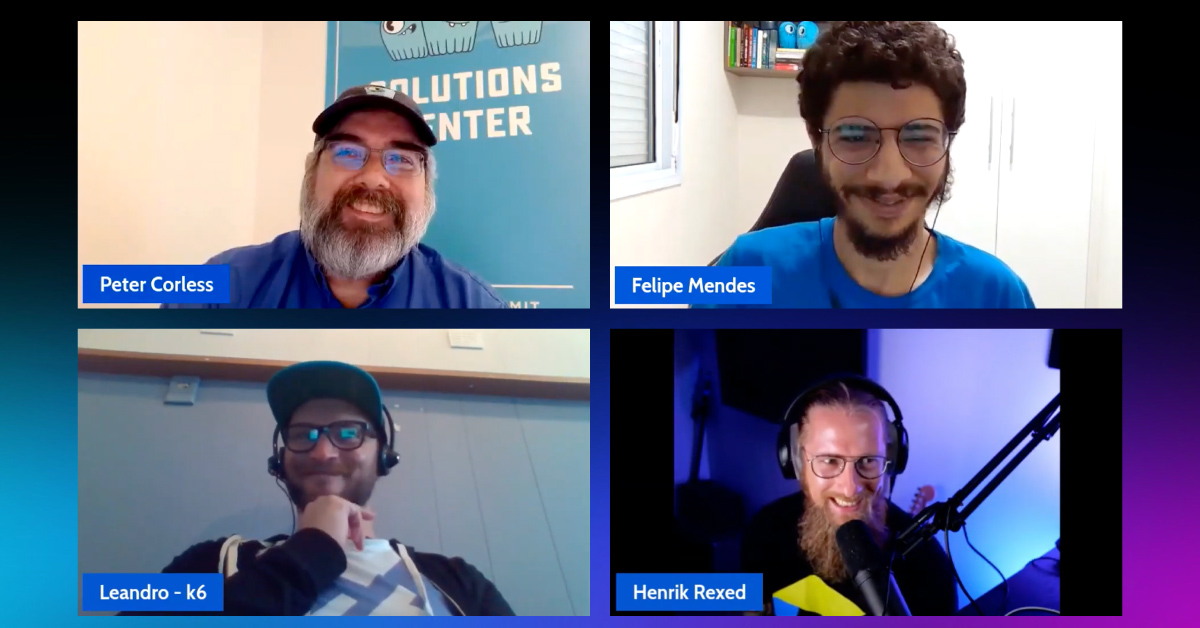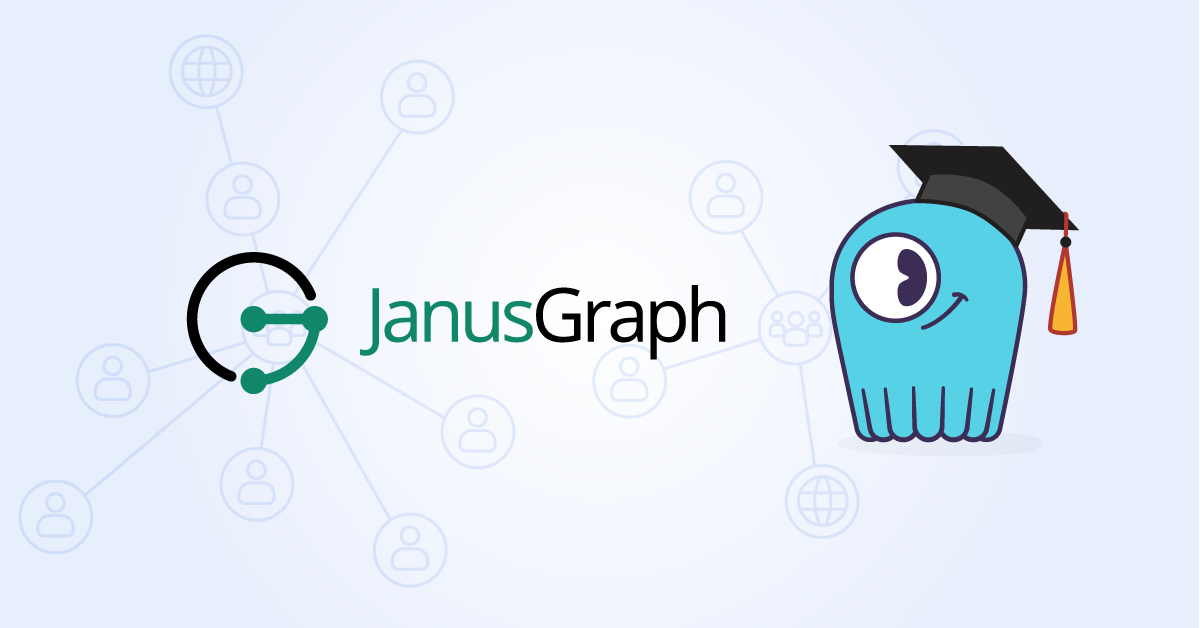
Note: This event has concluded – but there are many more live events to come! Also, visit ScyllaDB University for self-paced training.
ScyllaDB, the fastest NoSQL Database, has earned a bit of a reputation for holding free educational – and engaging – virtual events: NoSQL masterclasses, developer workshops, ScyllaDB University LIVE, ScyllaDB Summit, and P99 CONF (a broader event on “all things performance.”) One of the key ways we keep them engaging is to ensure that they’re interactive: attendees are connecting with the presenters and fellow attendees in realtime. But, the reality of a live virtual event is that it’s just not convenient for everyone.
We have heard many requests to replay our events in more Asia-friendly timezones. We’re NOT going to do that. It won’t provide the same level of experience for our attendees. Instead, we’re doing something that we hope you’ll like much better. We’re holding a special 3-hour event on April 19 that’s designed specifically for our many friends across India, Singapore, Malaysia, Australia, and neighboring areas: ScyllaDB Labs – Introduction to NoSQL.
Save Your Spot – Attendance is Limited
This is a free 3-hour event that will help you jumpstart your NoSQL mastery in a supportive, collaborative environment with our top ScyllaDB experts + your peers across the region. First, you’ll learn the core NoSQL concepts and strategies used by gamechangers like Disney+ Hotstar, ShareChat, Discord, Ola Cabs, Tencent Games, and Grab. Then, you will log into our special ScyllaDB lab environment, where you can get real hands-on experience applying these strategies through the exercises we’ve designed for this event. A team of ScyllaDB experts will be just a click away to answer all of your questions and guide you along the path to success.
You’ll leave knowing how to deploy and interact with ScyllaDB, the monstrously fast and scalable NoSQL database. Specifically, you will learn:
- The best (and worst) uses of different NoSQL options
- Critical considerations for NoSQL data modeling and architecture
- How to set up and interact with a 3-node distributed database cluster
- Do’s and don’ts for successful SQL to NoSQL migrations
Here’s a look at how the day will be structured:
| 10:00-10:05am IST | Welcome |
| 10:05-11:00am IST | Getting Started session |
| 11:00am-12:00pm IST | Working with ScyllaDB session |
| 12:00-1:00pm IST | Hands on labs and Q&A |
 Guy Shtub’s Perspective
Guy Shtub’s Perspective
Here’s a little more detail on the event from its creator and host Guy Shtub, head of ScyllaDB University and training…
I often hear from people who are interested in NoSQL and in ScyllaDB and want to attend our LIVE training events…but they can’t make it because of the time difference. I’m excited to hold this event– our first in an Asia-friendly time zone – and hope that this will enable many more people to attend.
This event marks another first for us: it is more experiential and applied than our typical events. You’ll have a chance to run the hands-on labs during the event, with myself and other experts ready to help you if you have any questions.
I’ll start with a brief welcome talk describing the different sessions and receiving everyone. Afterward, I’ll kick off with the first talk “Getting Started with ScyllaDB.” This will explain the basics of NoSQL and an intro to ScyllaDB.
After that, I’ll dive into ScyllaDB Architecture, covering concepts like Node, Cluster, Replication Factor, Tokens, Consistency Level, and more. Finally, if we have enough time, I’ll go over the read and write paths in ScyllaDB so that you can see what happens when we read or write data at different consistency levels.
The next talk (by Tzach Livyatan, our VP of Product) is titled “Working with ScyllaDB.” This is a fast track to getting started with ScyllaDB. It covers best practices for NoSQL data modeling, CQL, Partition Key, Clustering Key, selecting the right compaction strategy for your workload type, selecting and working with drivers, and more.
After the two talks, you’ll get to put the theory into practice by running the following hands-on labs:
- Quick Wins Lab – See how easy it is to get ScyllaDB up and running and to perform some basic queries.
- High Availability Lab – Using a hands-on example, demonstrates how Availability works in ScyllaDB. You’ll try setting the Replication Factor and Consistency Level in a three-node cluster and you’ll see how they affect read and write operations when all of the nodes in the cluster are up – and also when some of them become unavailable.
- Basic Data Modeling Lab – Learn the basics and key concepts of NoSQL data modeling, understand the importance of the primary key, and perform related queries.
- Materialized Views and Indexes Lab 1 – Create a base table and different Materialized Views (MV) for that base table, execute updates to the base table, and learn how to query the MV.
- Materialized Views and Indexes Lab 2 – Experience Global and Local Secondary indexes in action, with example use cases and an explanation of when to use each.
- Project Alternator Lab – Get started with Alternator, an open-source project that makes ScyllaDB compatible with Amazon DynamoDB.

As you run the labs, our team of experts will be available to assist and answer any questions you might have.
You can prepare for the event by taking some of our courses at ScyllaDB University. They are completely free and will allow you to better understand ScyllaDB and how the technology works. I recommend starting with the ScyllaDB Essentials course.
Have any questions or ideas for the event? Discuss the event on the ScyllaDB Community Forum.
We hope to see you there!
Register to Access the Free NoSQL Training





